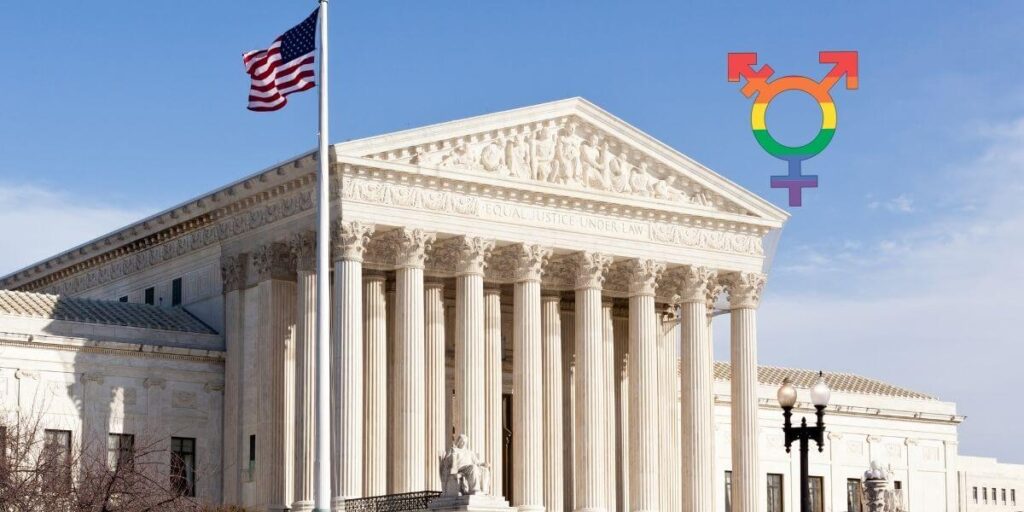In 2019, Colorado passed the Minor Conversion Therapy Law, which prohibits the practice of sexual orientation change efforts therapy, commonly referred to by critics as “gay conversion therapy,” for minors after multiple similar bills had failed in past years. Kaley Chiles, a Christian counsellor Chiles, contends that the law prevents her from freely discussing issues of sexual orientation and gender identity with her patients in violation of her sincerely held religious views. In September 2022, Chiles filed a complaint against the law, arguing that it violated the Free Speech Clause and Free Exercise Clause of the First Amendment of the U.S. Constitution. The Alliance Defending Freedom (ADF), a US conservative legal group, has filed a petition for a writ of certiorari to the Supreme Court on behalf of Kaley Chiles in the hopes of overturning a circuit court decision against Chiles.
Chiles, who believes that individuals thrive when they align with God’s design for their biological sex, contends that many of her clients seek counselling because they share her faith-based view of identity. The ADF claims that the government should not regulate private conversations between counselors and clients, particularly when those discussions are rooted in religious beliefs. Ms Chiles case stems from a decision by the 10th U.S. Circuit Court of Appeals, which upheld the law. The majority opinion, authored by Judge Veronica Rossman, ruled that Colorado’s law does not infringe on Chiles’ free speech rights. In contrast, Judge Harris Hartz dissented, arguing that talk therapy should be given the same First Amendment protections as other forms of speech.
The Supreme Court’s decision to review this case could have significant implications for the future of free speech and religious freedom for licensed professionals in Colorado. The state’s law is part of a broader movement aimed at restricting certain therapeutic practices related to sexual orientation and gender identity, with advocates arguing it protects LGBTQ youth from harmful practices. However, in cases like Ms Chiles’s, the law appears to infringe on both free speech and religious freedoms.
Original article


